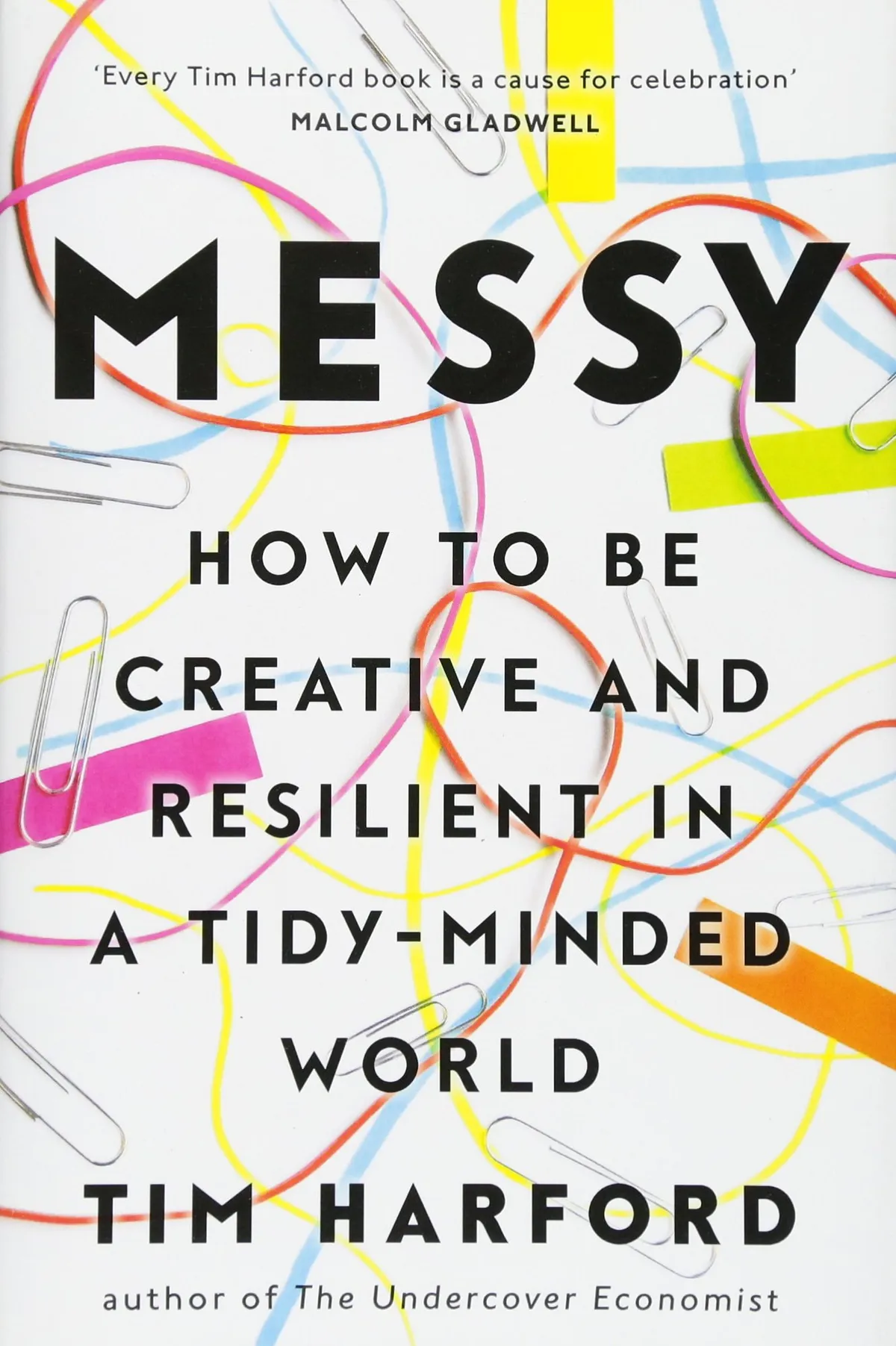When is it good to be messy?
We like the idea of tidiness, but a lot of the things that we value such as creativity, responsiveness, and spontaneity come from mess – messy teams, messy processes, messy desks.
One example is mess in the workplace. A psychologist called Steve Whittaker studied how people work, comparing ‘pilers’ (those who keep piles of paper on their desk) to ‘filers’ (those who prefer an organised system). He found that the filers tended to prematurely file stuff away, leading to filing cabinets full of dross. With the pilers, on the other hand, the useless stuff naturally sank to the bottom of the pile and eventually got thrown out. They were managing their archives much more efficiently and getting more stuff done.
How else can messiness help?
It can work in a more metaphorical sense too. Cognitive psychologists have shown that when we’re interrupted, distracted or encounter some kind of obstacle, it can provoke creative thinking. If you’re putting together a presentation, searching for the solution to a scientific problem, or composing a piece of music, a bit of ‘messy’ randomness can free your mind and help you to solve the problem.
Improvisation is another powerful way to turn mess to our advantage. In creative environments, improvising helps us to be more responsive and listen better, and in the workplace it creates much more engaging presentations. The same is true for politics,Martin Luther King improvised the climactic second half of his "I Have a Dream" speech.
Can messiness go too far?
Absolutely. In the wrong situations, mess can be totally dysfunctional. You can be improvising with no structure or preparation; you can have a desk that’s creaking under the strain of junk. There are lots of places where order is important, but mess is underrated. We hardly ever think it’s the appropriate approach, and we don’t give it enough of a chance. We all think, “If only I could get tidier, I’d get more done.” But I don’t think we would – life is messy, and we should embrace that.
How can we introduce some messiness into our lives?
My first tip would be to let paper accumulate on your desk. It’s a very effective sorting mechanism. Second, force yourself into areas where you’re uncomfortable, whether that’s meeting new people, trying a new activity, or visiting an unfamiliar place. And third, if you’re feeling overwhelmed by stuff, consider just throwing a lot of it away. If there’s too much stuff, there’s too much stuff, and you’re often better off simplifying rather than trying to impose a system.

